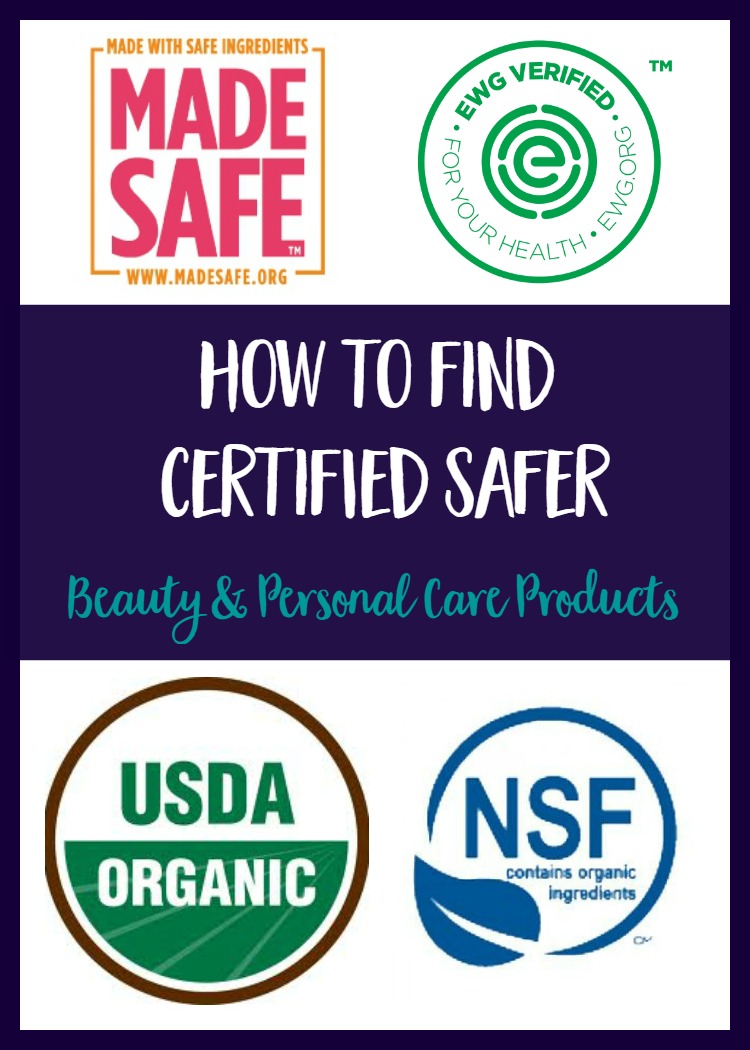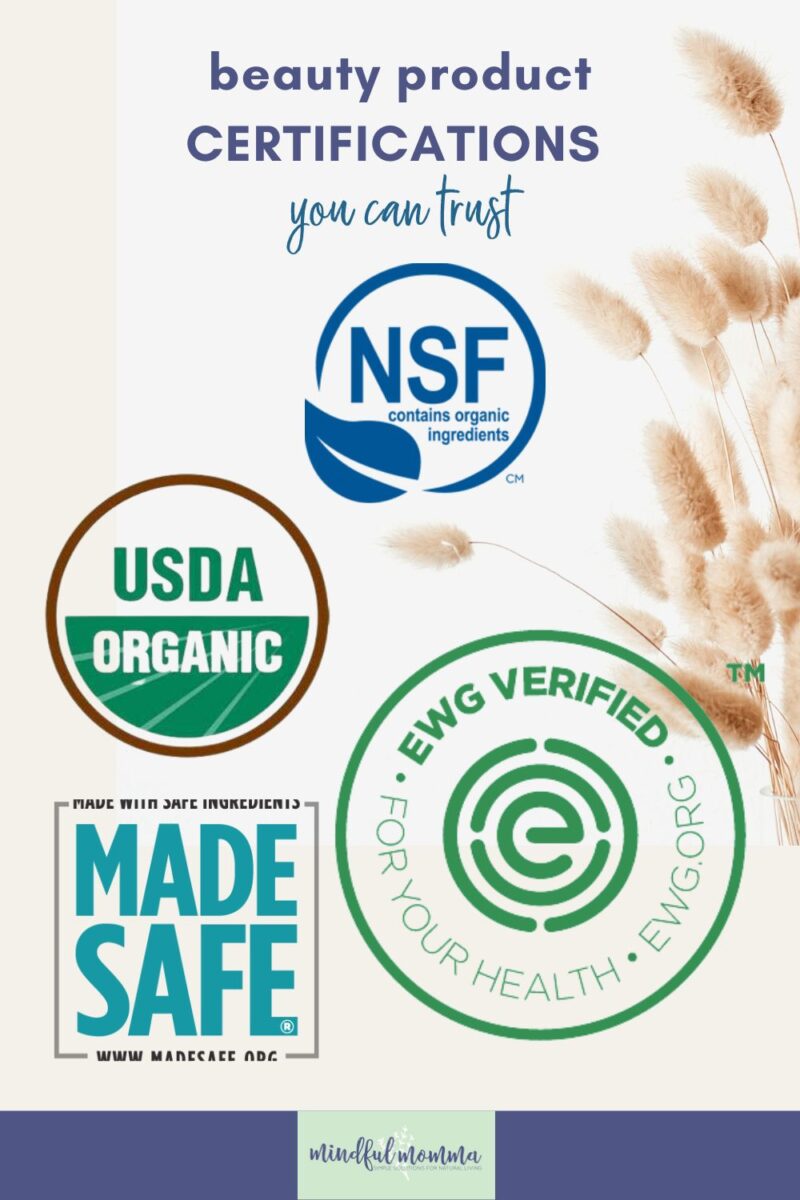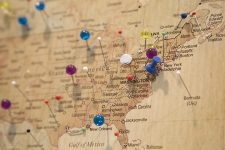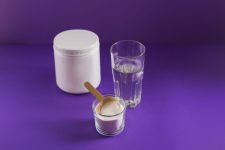4 Beauty Product Certifications To Help You Shop
3 min read
Discover the trusted beauty product certifications to look for while shopping for natural skincare, clean cosmetics and safe personal care products.
You’re cruising through the store, about to grab that shampoo you need, but in the back of your mind, you’re thinking WAIT – wasn’t I planning to buy a safer, more natural version this time?
Problem is, you’ve heard that conventional beauty and personal care products can be toxic, but you never got around to doing any research. And here you are in the store and out of shampoo. Too late?
Lucky for you, there are some reputable certifications for non-toxic beauty products to help guide you while you shop.
So before you pick up that same old shampoo or the deodorant you’ve been using forever because your mother suggested it, look for these seals of approval on product packages to help you quickly identify cleaner, safer beauty products.
Note: There may be affiliate links in this post including Amazon Affiliates. Full disclosure.
Why Third Party Certifications are Important
Pick up a personal care product off the shelf and you’re likely to see a slew of buzz words like natural, gentle, and organic, but sadly these words on their own do not mean a thing. You may even see what appears to be a seal of approval or certification, but if you look closely it’s the company’s own marketing ploy, which is completely unregulated and can be quite misleading.
It would certainly be easier if there were just one safety standard, but because our federal government has not regulated the beauty industry, independent groups have had to take that on for themselves. The system right now is far from perfect, but it’s getting better.
And yes, you may have heard of the Skin Deep app – it is a great tool but it’s not always up to date with the products you find in the store, so seeing these seals on products can be a big help!
4 Beauty Product Certifications You Can Trust
The 4 certifications I’m sharing here are trusted and reliable. If you see one of these seals on a product, you know you are getting a very safe formula that has been verified by a third party organization.
MADE SAFE
- Products are screened for against a toxicant database for known harmful chemicals such as carcinogens, endocrine disruptors, heavy metals and more.
- Supply chain and other contamination risks are considered.
- Ingredients are examined for bioaccumulation, persistence, and general and aquatic toxicity.
- Goes beyond individual ingredients to certify finished product.
- Learn more
- Example: Annmarie Skincare
EWG Verified
- Set of standards that demonstrate EWG’s strict criteria for safety.
- Products must score “green” in Skin Deep database.
- All ingredients must be disclosed, including all fragrance components.
- Learn more
- Example: ATTITUDE
USDA Organic
- Products must contain at least 95% organic ingredients.
- Standard created for food products (USDA has no authority over the production and labeling of cosmetics and personal care products).
- Most likely found on balms, butters, oils and other products that do not need preservatives or emulsifiers.
- USDA Organic does not allow GMO ingredients.
- Learn more
- Example: Nourish Organic
NSF/ANSI 305
- Standard developed for personal care and cosmetics products using some non-food ingredients (and therefore not covered by the USDA organic certification).
- Formula must contain at least 70% organic content by weight.
- Products reviewed by an accredited organic certifying organization.
- Learn more
- Example: Avalon Organics
So please, put down that probably toxic shampoo you were gonna buy again just out of habit, and look for these reliable certifications for safer beauty products, so you can make a cleaner, better choice for you and your family!
Learn lots more over on this post: How to Buy Non-Toxic beauty and personal care products
Have you seen any of these certifications on products? Which one do you prefer?







